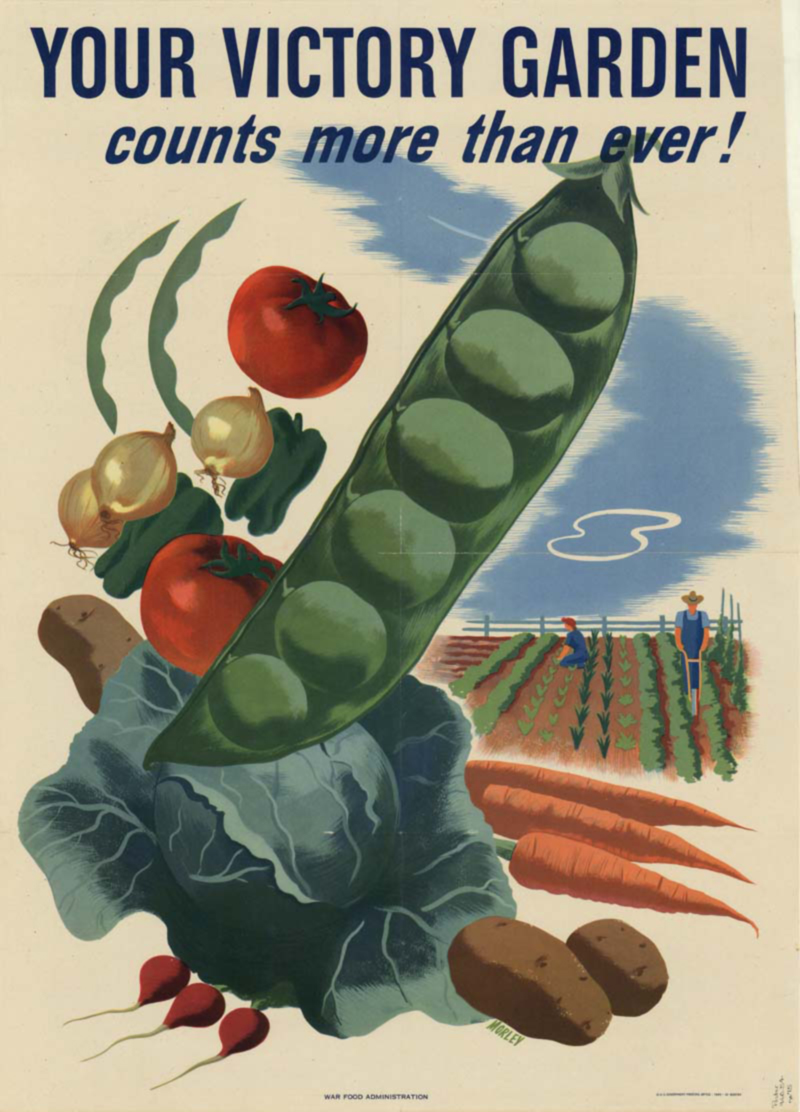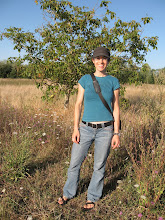For anyone who grew up in the countryside or has done any farming or gardening, the following story will surely seem banal to you. But having spent most of my life in and around cities or suburbs, I haven't had much opportunity to dig my hands in the dirt. So I was beyond thrilled during my vacation when I went to the field near Harmony House to harvest my first ever carrots and beets. I felt a lot like the proverbial kid in the candy shop, except that I was drooling over vegetables instead of sweets. Look at how gorgeous they are:
 The beets in particular were the biggest I'd ever seen, though you don't get much perspective in this picture. Charlie, one of the Harmony House residents, explained that he planted them using biodynamic principles, and it seemed to do wonders, at least in terms of size:
The beets in particular were the biggest I'd ever seen, though you don't get much perspective in this picture. Charlie, one of the Harmony House residents, explained that he planted them using biodynamic principles, and it seemed to do wonders, at least in terms of size:

After digging up my veggies in the garden, I brought them directly to the kitchen and made one of my favorite salads: Grated carrots and beets with fresh garlic, olive oil and lemon juice, and lots of parsley (though I think I used basil instead because that's what the garden offered). From field to table in less than an hour! Though I eat this dish all the time at home, something about having just harvested the vegetables myself made it all the more satisfying. I could barely contain myself I was so excited, much to the amusement of those around me. It just brought me so much pleasure to prepare a salad with vegetables that couldn't possibly be any fresher.
In fact, in the week I spent at Harmony House, almost all the food we ate came directly from their garden or one nearby on loan from Philippe Desbrosses. I gorged myself on gorgeous tomatoes, many of which were ancient varieties I'd never seen before. I picked berries and yellow plums straight off bountiful mirabella trees dripping with warm fruit that tasted like sunshine:
I'd certainly picked fruit before, and even spent childhood summers in Michigan going to the family farm to collect blueberries, which my grandmother then made into everything from pies to pancake syrup. And in the last CSA I was a part of in Western Massachusetts, I relished going to the farm to pick up our veggies and gather berries in the 'pick-your-own' part of the field. I even had a little community garden plot for a short time in grad school in Toronto,where I grew basil and squash (though not much else since I started a bit late).
But I've otherwise been pretty disconnected from where my food comes from for most of my life, and I'd never actually pulled anything edible out of the ground before the Harmony House garden. Perhaps that's why I was so very excited about those carrots and beets, which may be mundane at the market, but seemed magical in my neophyte gardener's hands. That week digging in the dirt really cementing my burgeoning interest in becoming responsible for some of my own food production. Beyond the pleasure of pulling the vegetables out of the ground myself, I was also inspired by our conversations about organic agriculture and the increasing numbers of people cultivating gardens in their yards for both ecological and economic reasons (spurred on in part by the financial crisis, reminding me of the 'victory gardens' that were started in the US as part of the war effort).

Living in the city as I do, I sadly have no yard to grow anything in. So I'm limited to spouting seeds, which is actually really fun. But as much as I love to watch the grains burst open after a few days of watering, it doesn't satisfy my newfound desire to dig. Ideally I'd love to have a little bit of land to grow things in someday, whether it's my own or part of community plot. For now I've done research into community gardens in Lyon, but there is so much more demand than plot availability. So I've been considering container gardening, after visiting a friend in London who grows plants on her balcony. Poking around on the Internet I've come across some really interesting ideas for growing food in small spaces, and I'll devote this fall and winter to gathering information so that I can make a plan for spring production. In keeping with my aspirations towards mindful consumption, it just makes sense to grow my own food, to be present in every step of the process - from field to table. And in the meantime, I'll try to get my hands dirty as much as possible wherever I can!




